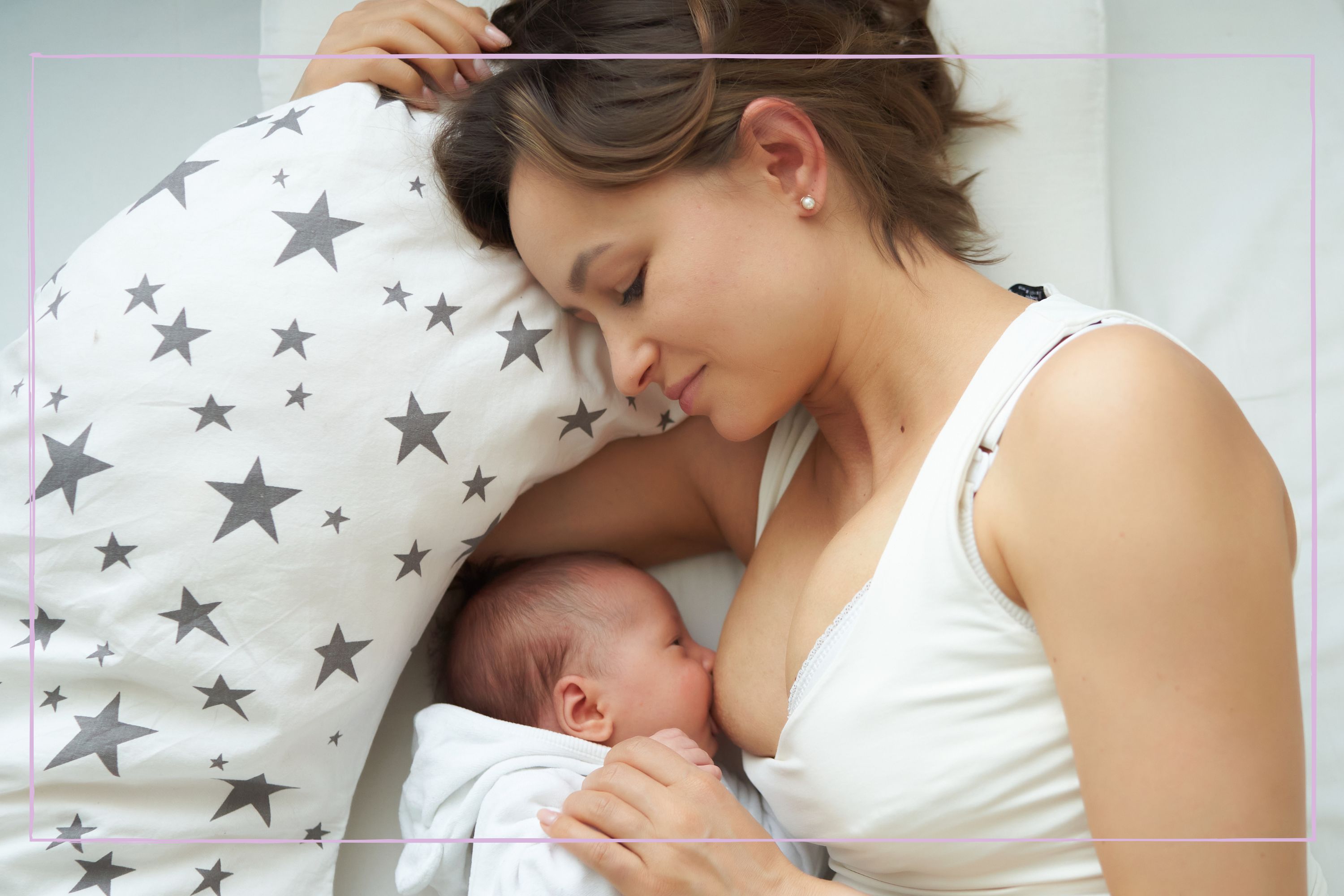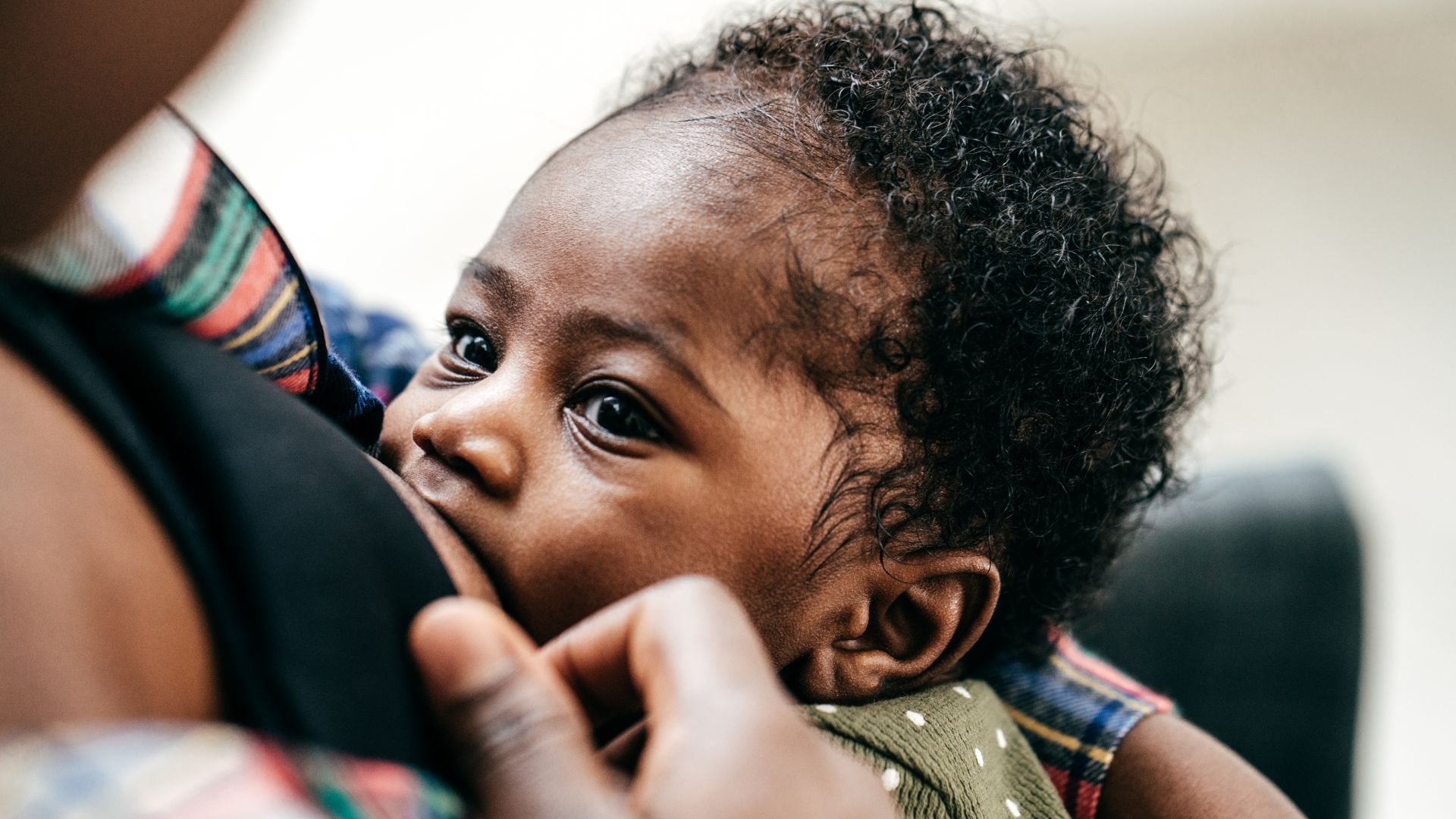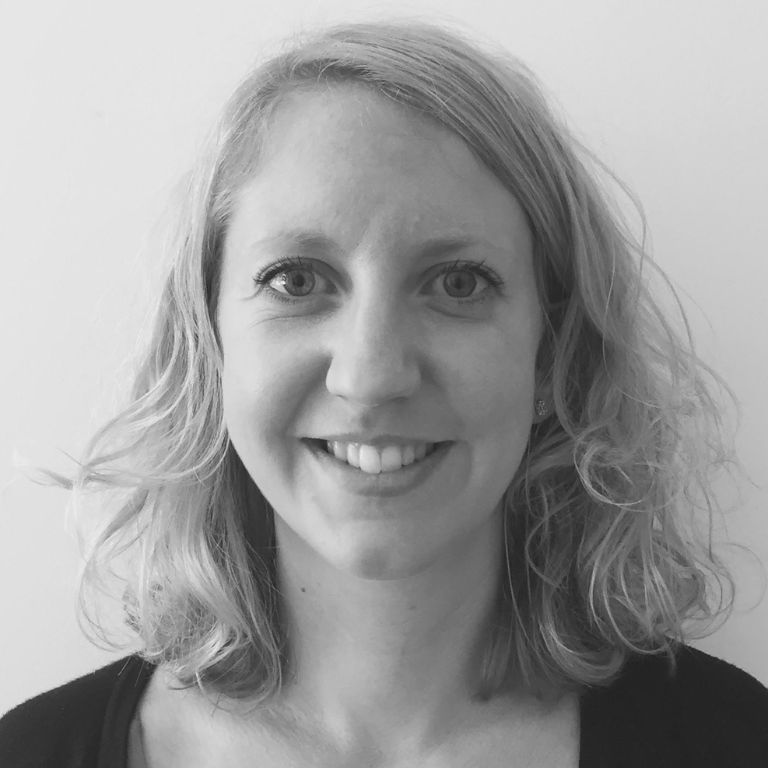
The benefits of breastfeeding and understanding them can definitely impact your decision as a parent when it comes to choosing boob or bottle feeding.
Deciding whether to breastfeed your baby or not is a deeply personal decision and one that will depend on a number of factors. You might learn about the benefits of breastfeeding in an antenatal class or speak to friends and family about it but the reality is that every baby and every breast is different and learning the top breastfeeding tips may help you on your way. But, ultimately having a happy, healthy and growing baby - and a happy mother - should always be the top priority.
Dr Hana Patel, a GP specializing in women’s health, tells us: “While it can be tricky to get the hang of it, breastfeeding offers benefits to both baby and mum. Breast milk contains vitamins and minerals uniquely tailored to your baby's needs, that is always available.”
Sometimes investing in one of the best breast pumps can be useful but at the end of the day, you know you and you are the expert in your baby. Only you can know the right decision to make, here are a few expert-approved pointers to help you make it.
Benefits of breastfeeding
Unicef estimates that around only around 24% of babies in England are still being exclusively breastfed at six weeks old. There are many reasons why women don’t continue to breastfeed, such as finding it painful (such as general pain in breastfeeding and mastitis) if their baby has a tongue tie or a poor latch. There’s a lot of support out there and many mums find that things get easier and more comfortable after a few weeks. And it is at this stage that the breastfeeding may really start to be felt. You can feed and settle your baby with milk that is always available day or night and costs nothing.
1. It provides your baby with key vitamins and nutrients
The World Health Organisation (WHO) recommends babies are fed up to the age of two and in the UK the Department of Health recommends that babies are exclusively breastfed for at least six months before weaning begins.
The key reason for this is because breastmilk can provide a baby with everything they need for the first six months. As well as giving them the nutrition they need to grow and develop, breast milk also contains immunoglobulin A (IgA) and antibodies which will help them fight off viruses and bacteria. If a mother is ill, the antibodies she produces will pass on to her baby through her milk, giving them immunity. A 2019 study published in the International Journal of Environmental Research and Public Health states: “Breastfeeding when compared to the use of infant formula, is associated with significantly lower rates of diarrhoeal disease and lower respiratory tract infection, with a reduction of 50% or more to be expected, especially in infants under six months of age.” The human body really is marvellous.
Parenting advice, hot topics, best buys and family finance tips delivered straight to your inbox.
2. It strengthens the bond with your baby
Nourishing your baby with your body is a hugely special feeling and one that many mothers say strengthens the bond with their child. They are relying on you for food, comfort and love which is very rewarding. Plus there is some science involved too as breastfeeding is closely linked to the so-called ‘love hormone’ oxytocin. When your brain releases oxytocin it will help stimulate your milk production. This is why healthcare professionals will encourage you to do skin-to-skin contact with your baby as soon as possible after the birth. The ‘letdown reflex’ is also caused by oxytocin, which is why when mothers cuddle their babies or even just think about them, they may find their bodies releasing milk. This 2020 study published in PLoS One says other benefits of oxytocin include “powerful anti-stress effects, including decreased blood pressure and cortisol levels, and stimulates digestive and metabolic processes”.
The one-to-one bond of breastfeeding has been one of the biggest benefits for Ella who is 31 and is still feeding her 17 month old daughter. She says: “As she (her baby) has got older, the biggest benefit I take from it is that it is a moment of calm and connection for us. My child is non-stop, super busy and was walking early. She's never wanted to sit still. So to be able to have that few minutes of stillness and cuddling just for us is so important to me.”
3. It’s convenient and you can do it anywhere
Ella says another key benefit for her has been that she “never had to get out of bed ONCE during the newborn cluster feeding days”. Bottle feeding requires quite a lot of preparation as everything needs sterilising and milk may need warming. None of these things are required if you’re breastfeeding. You can latch your baby quickly and soothe them straight away. And while you will still have a changing bag full of nappies, wipes and muslins you won’t need to worry about the paraphernalia that comes with bottle feeding when leaving the house. It’s also really useful if you’re going on holiday or will be away from home.
Kate is a 37-year-old nurse who has exclusively breastfed her two daughters. She says: “I love that it's free, served at the right temp and I just have to get my boobs out. As an anxious person I would really struggle with sterilising and making up formula.”
4. It prevents disease in mum and baby
The longer-term benefit of breastfeeding is not as easy to prove but a World Health Organisation (WHO) report suggests that there are lower rates of gastrointestinal and allergic diseases in infants who were exclusively breastfed for six months in comparison to non-breastfed children. The NHS also states that breastfeeding can prevent obesity and reduce the risk of cardiovascular disease in adulthood.
Breastfeeding also has many health benefits when it comes to mums. It can reduce the risk of ovarian cancer, osteoporosis, cardiovascular disease and obesity, according to the NHS.

5. Breastfeeding reduces the risk of Sudden Infant Death Syndrome (SIDS)
It’s estimated that in the UK around 200 babies die from SIDS each year but it’s still not known why. Research shows that exposing a baby to cigarette smoke, not having them sleep on their back and letting them overheat can all increase the risk. But it’s thought that breastfeeding can significantly reduce the risk. A 2009 study by the American Academy of Paediatrics found that “breastfeeding reduced the risk of sudden infant death syndrome by ∼50% at all ages throughout infancy”. The Lullaby Trust says the longer you can breastfeed the more it will protect your baby.
6. Your breast milk will adapt to accommodate your baby’s needs
The first milk that mothers make during pregnancy and in the first days after their baby is born is called colostrum. This is a yellow, sticky substance which is very rich in nutrients. You may have heard of ‘colostrum harvesting’ which is when women squeeze some of this out in the days before the birth to give to their baby immediately. Although the quantity of colostrum is usually small, it contains everything your baby needs including proteins, fats and antibodies and it will help stabilise your baby’s blood glucose (sugar) levels. A newborn’s stomach is tiny so even a very small amount of colostrum will make a huge difference.
As your baby grows, your breastmilk will change to meet your baby’s needs according to how much fat, protein, sugar or water they require. If you’re on holiday in a hot country it will help keep a baby under six months old hydrated without you needing to give them any water. It’s magical stuff.
7. It comforts your baby and helps them fall asleep
Trying to get a baby to go to sleep and stay asleep can become an obsession when you’re a new parent. Some women find that breastfeeding their baby can make things a little easier as the comfort it brings them will send them off to sleep. This can be especially useful at night when you’re coping with multiple wake-ups. Lydia fed her son for 14 months and says: “It made nap times and bedtimes so much easier knowing it would send him to sleep straight away and was a perfect comfort for him - I know that it gave us a great bond.”
Related features:
Conclusion
Whether you choose to bottle feed or breastfeed; 'fed is best' is the overarching message. You know you, your baby, your family, and your circumstances better than anyone else. While it's clear breastfeeding is beneficial for both babies and mothers, we know it’s not always the right choice for everyone. There’s support out there no matter how you choose to feed your baby and always consult your midwife or health visitor if you are having any issues with feeding.
- How to increase milk supply - the 7 expert-approved ways
- Best breast pumps 2023 - tried and tested
- Breastfeeding pain - what causes it and how to stop it
Video of the Week:

Kat has been a digital journalist for over 15 years after starting her career at Sky News where she covered everything from terror attacks to royal babies and celebrity deaths. She has been working freelance for the last five years and regularly contributes to UK publications including Stylist, ES Best, Woman&Home, Metro and more.
